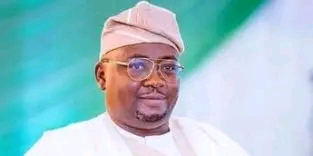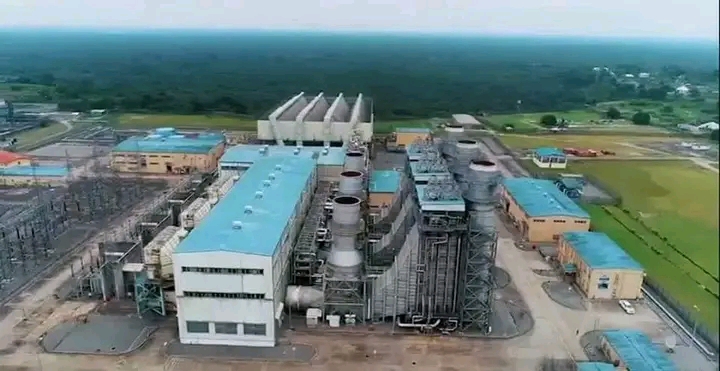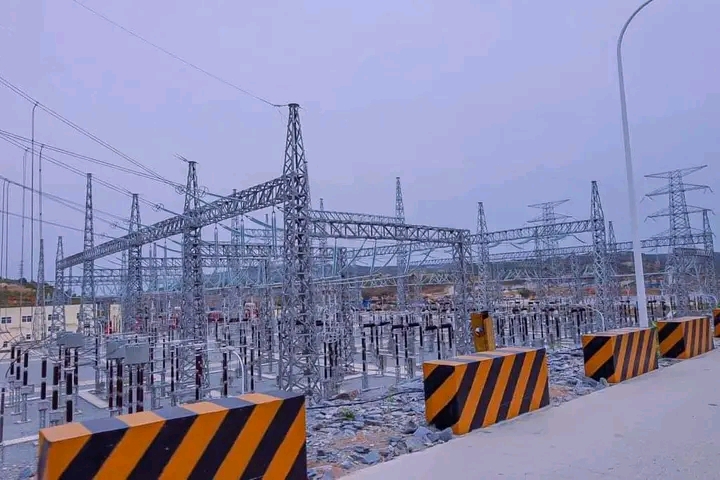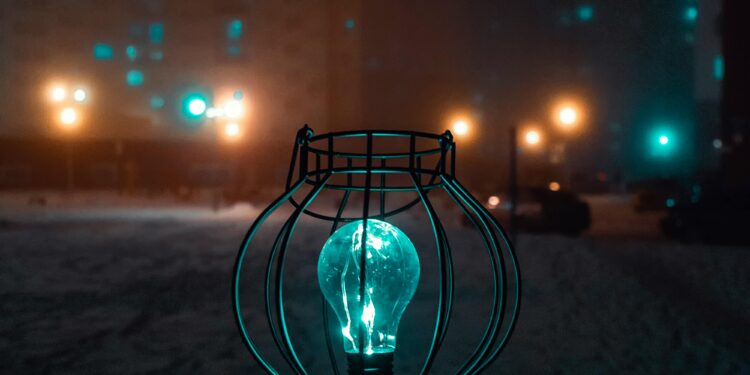Once again, Nigeria’s national grid has collapsed, bringing the country’s power supply to its knees for the tenth time this year. For the so-called “Giant of Africa,” it’s a title that’s becoming hard to defend. Where is the progress? And better yet, where is the accountability?

A Persistent Power Crisis.
As of this week, the grid failure sent power generation plummeting to 0.00MW at one point, barely managing to scrape back to a mere 2,323MW by Thursday morning. It’s almost laughable, if it weren’t so tragic that a country with the “largest economy in Africa” can barely keep the lights on.
Since January 2024, the grid has collapsed ten times, each failure a stark reminder of the government’s inability to provide basic services. It raises the question: if the current leadership can’t get this right, what hope do we have?

What’s Holding Tinubu Back?
President Tinubu, where’s the accountability here? The Minister of Power, Adebayo Adelabu, continues to hold his position despite this backwardness. After a tenth failure, the sack letter seems overdue.
A Giant on Its Knees: Nigeria’s Shame in Plain Sight
At 11:29 am, Ikeja Electricity Distribution Company (IKEDC) reported yet another outage, leaving countless residents in the dark. This has become Nigeria’s normal , a country of over 200 million people stumbling from blackout to blackout. Other nations, far less resource-rich, are miles ahead in consistent energy supply. But here we are, calling ourselves the “Giant of Africa” while struggling to provide the basics.
Following the collapse, IKEDC sent out a generic message urging customers to “bear with us,” explaining that they were “collaborating with stakeholders” to restore power. And while IKEDC and the Transmission Company of Nigeria (TCN) continue their back-and-forth, the people continue to suffer. The TCN hasn’t released any clear updates on the cause or the timeline for restoration.
Is it so much to ask for transparency? To know why the system can’t handle the load it was designed to carry? Or why, in 2024, we are still fighting the same battles our parents fought?

Suffering in Silence
This isn’t just a nuisance; it’s a burden. Nigerians are suffering, plain and simple. From hospitals forced to rely on costly generators to students studying by candlelight, this lack of power hits every sector of society. Food is rotting in refrigerators, businesses are closing early, and productivity is at an all-time low. This isn’t progress, it’s regression (backwardness, curse, witchcraft) call it whatever you wish.
Nigeria’s leadership must take responsibility, or risk pushing its citizens further down the path of frustration and disillusionment. As the so-called “Giant of Africa,” we owe ourselves more than this endless cycle of empty promises. It’s a curse at this point that we are suffering what our parents suffered.

















